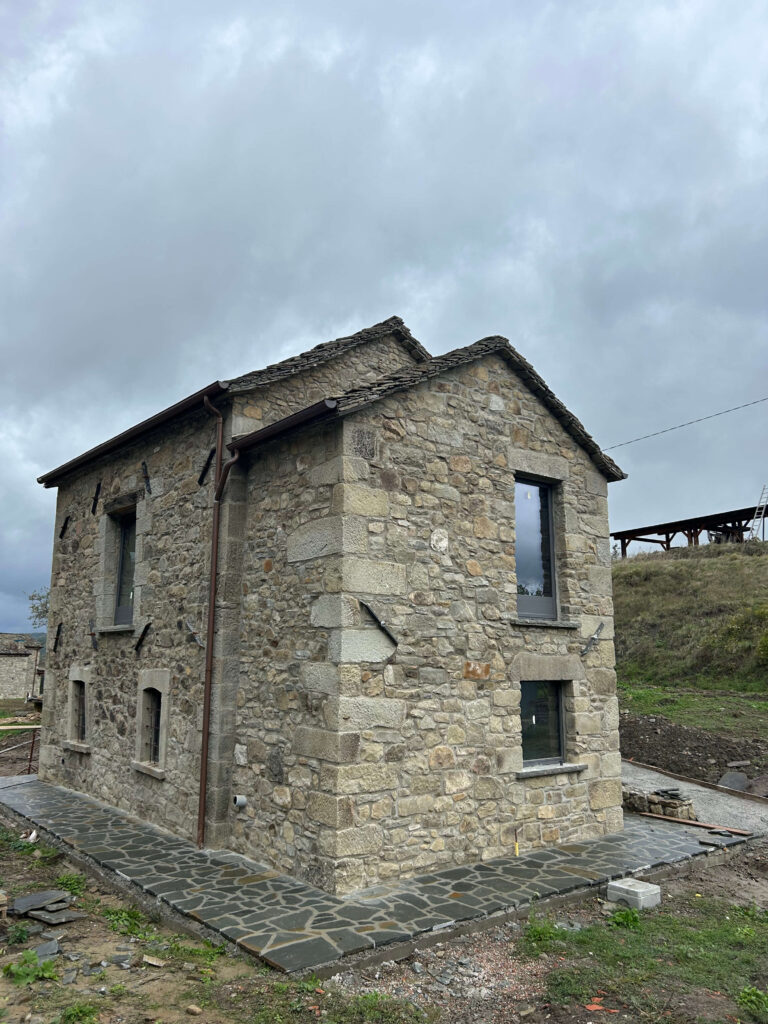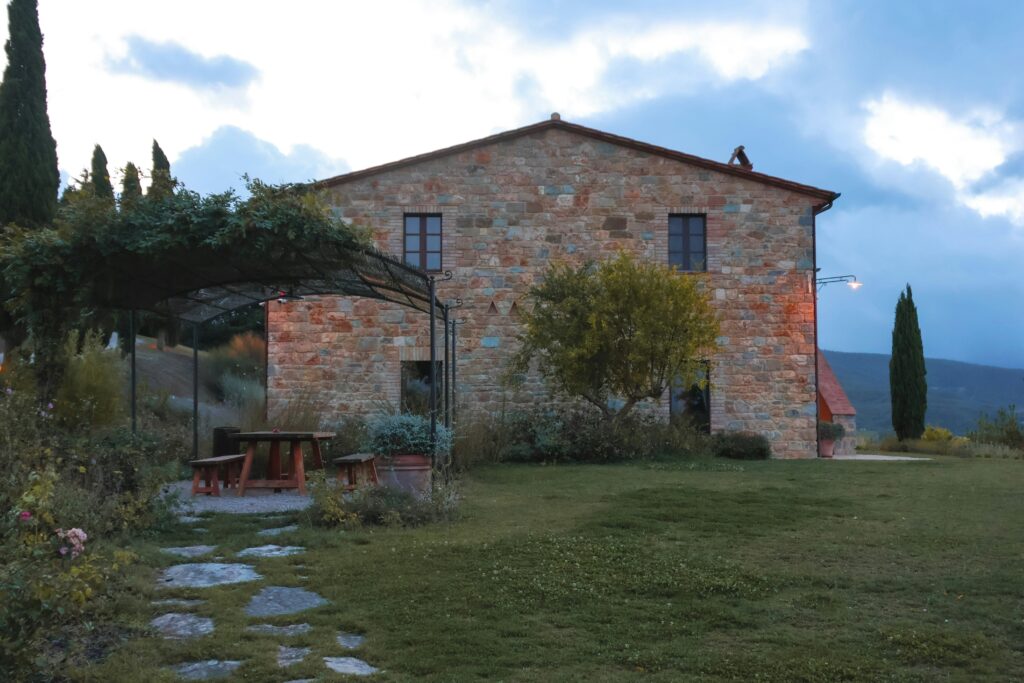Owning a house in Italy is a dream for many.
The landscapes, the food, the culture, the slower pace of life and the sense of belonging make it one of the most desirable places in the world for a second home.
But alongside the charm, there are also practical challenges that many foreign owners are not aware of until after buying the property.
If you own or are planning to buy a holiday home in Italy, understanding the most common issues will help you avoid stress, unexpected costs and unpleasant surprises.
Below are the main issues second homeowners face, and how to manage them.
1. Lack of regular checks and inspections
One of the biggest challenges is distance.
Most foreign owners spend only a few weeks per year in their Italian home, which means the property stays empty for long periods.
When a house is closed for months, problems can arise quickly, such as:
- humidity and mould
- water leaks
- frozen pipes in winter
- electrical faults
- small damages that become bigger over time
- pest issues
In Italy, many homes are older stone buildings that require regular ventilation and attention. Without someone checking the property monthly, small problems can escalate into expensive repairs.
Solution:
Regular property inspections and a local caretaker you can trust.
2. Italian bureaucracy and utility management
Italy is beautiful, but bureaucracy can be slow and complicated, especially if you do not speak the language.
Common struggles include:
- activating or transferring utilities
- understanding different tariffs
- paying bills correctly
- managing local taxes such as IMU and TARI
- dealing with local offices and documents
- understanding deadlines and penalties
Even simple tasks like changing the name on a water contract or closing a gas meter can take weeks and require multiple appointments.
Solution:
A local professional who handles utilities, taxes, and communication with Italian offices on your behalf.
3. Maintenance and non-reliable contractors
“Tomorrow” in Italy does not always mean tomorrow.
Foreign owners often struggle with:
- finding reliable electricians, plumbers or builders
- workers not showing up
- delays in renovations
- unclear quotes
- difficulty coordinating work remotely
While there are excellent local professionals, managing them from abroad can be frustrating and time-consuming.
Solution:
A trusted local person who coordinates workers, requests quotes, supervises the work and keeps you updated.
4. Weather and seasonal damage
Italian homes face different climate challenges depending on the region:
- heavy rain and storms
- humidity and dampness
- extreme heat in summer
- snowfall and freezing temperatures in the mountains
- strong winds near the coast
If no one is monitoring the property, seasonal damage can go unnoticed for months.
Solution:
Preventive checks, seasonal preparation (closing water, securing outdoor areas) and quick reaction to weather alerts.
5. Security and break-ins
Holiday homes are often empty for long periods, making them more vulnerable to:
- attempted break-ins
- minor vandalism
- theft of outdoor equipment
- intrusion into gardens or garages
Even in safe rural areas, an unattended house can attract unwanted attention.
Solution:
Regular visits, mail collection, visible activity around the house and basic security systems.
6. Local culture
Italy has strong local communities, traditions and ways of doing things.
Foreign homeowners sometimes struggle with:
- understanding neighbour dynamics
- language barriers
- different expectations regarding noise, parking, access roads
- slower communication rhythms
- making payments or navigating local rules
Feeling isolated or confused about local customs can make managing your holiday home more difficult.
Solution:
Having a local point of reference who introduces you to the community and helps you communicate smoothly.
7. Short-term rental regulations
Many foreign owners want to rent out their holiday home when they are abroad.
However, the requirements can be complex and vary by region and municipality.
Challenges may include:
- registration procedures
- specific safety equipment
- communication with the local police
- tax obligations
- regional property codes
- managing guests and cleaning remotely
Not following the rules can result in fines or legal complications.
Solution:
A local expert who knows the rules and can guide or manage the rental process.
Conclusion
Owning a holiday home in Italy is a wonderful experience, but it requires more care and attention than most people expect.
Most issues come from the distance and language or cultural barrier.
When you are not physically present, even small tasks become complicated.
With the right support a trusted owning a holiday home in Italy becomes smooth, enjoyable and stress-free.
If you want help managing or caring for your home in Italy, or you are planning to purchase one, feel free to reach out. We can guide you through every step with clarity and peace of mind.

